BUas research
At BUas, we foster a dynamic synergy between R&D, education, and society. We treat all three as equally important, mutually reinforcing, and interconnected functions that contribute to industry, students, academia, and society at large, helping to shape a better world.
Key Research Themes
BUas focuses on five core themes in its R&D three domain themes and two transversal themes, focusing on current and future societal challenges of local importance within the global context.
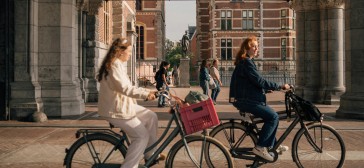
Places & Flows
Cross-domain Research Theme
People come together in physical places and they organise flows of goods and services to facilitate their lives. Understanding these interactions enables us to contribute to liveable places and sustainable flows.

Experiences
Cross-domain Research Theme
Every day, in all places, people feel, sense and live experiences. Understanding their nature and motivations allows us to support experiences for cultural understanding, social inclusion and social transition.

Digital Realities
Cross-domain Research Theme
As people increasingly interact within digital realities. Understanding their potential allows us to contribute to using these digital realities for improved governance and management in addressing societal challenges.

BUas supports current and future professionals in identifying, crafting and implementing sustainability transition pathways.

BUas aims to leverage AI as a transformative tool - while keeping ethical consequences at the forefront - to achieve meaningful outcomes.
More about research

Professorships
Find out more about our professorships and R&D projects or get in touch with our experts.
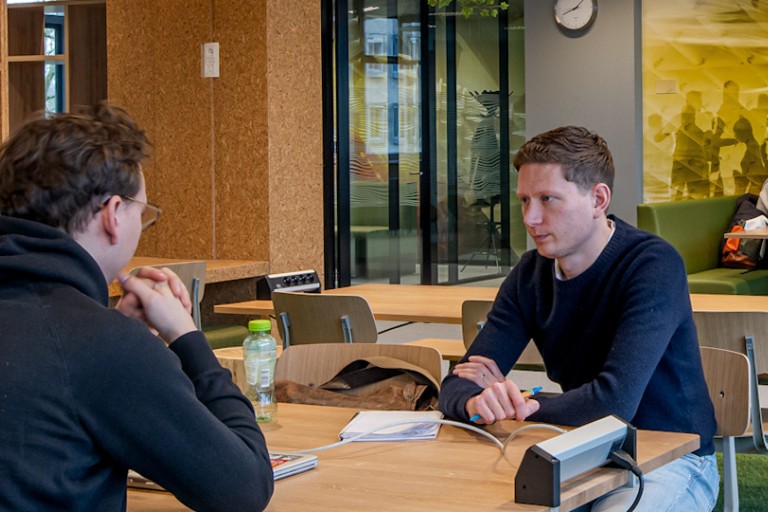
Centres of expertise
BUas collaborates with partners all over the world. We conduct R&D, share our knowledge and co-create to shape a better world.


Search
Search for researchers, publications, projects and more in our research database Pure.
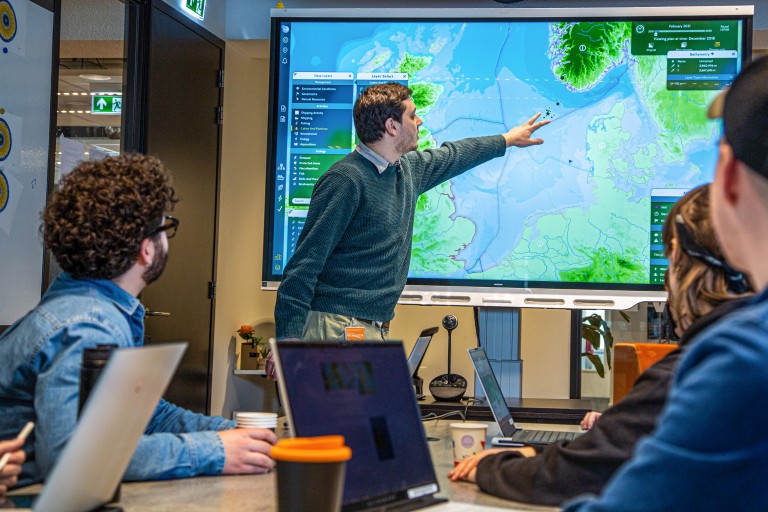
Research vision
R&D at BUas contributes to a better understanding of and solutions to problems we face in society.
Research & Development news

Ilja van Beest Director of BUas Research & Development
- About BUas
- Research
Digital toolkit bridges skills gap for European Cultural Routes
- About BUas
- Research
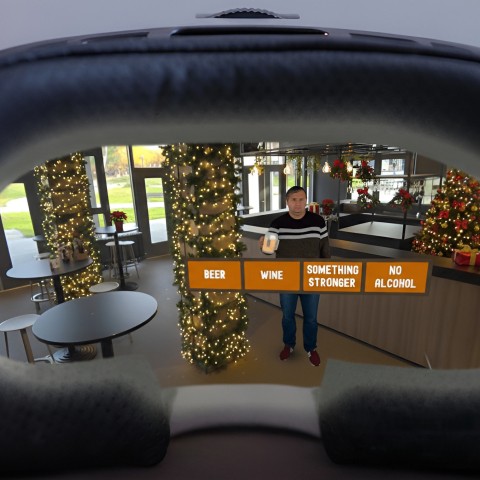
BUas develops VR tool to resist alcohol temptation during festive season
- About BUas
- Research
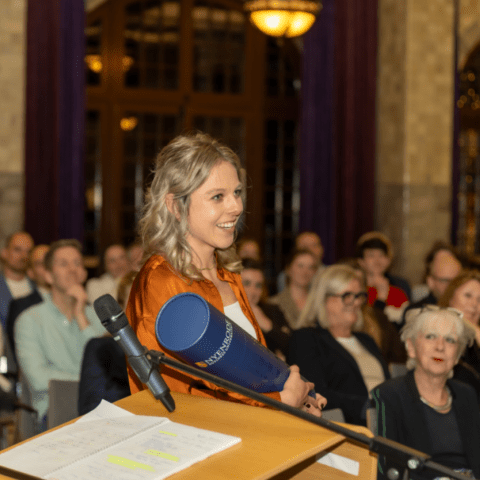
Multiple identities, rising pressure: Why young professionals are reaching a breaking point
- Research
- About BUas
The 45th ISTTE Annual Conference
- About BUas
- Tourism
- Research
- Education
- Data Science & AI
Collaborate with us
Research at Breda University of Applied Sciences addresses societal challenges with innovative solutions. Are you a student, professional, or partner ready to make an impact? Join us in driving change—contact us today to explore collaboration opportunities.
